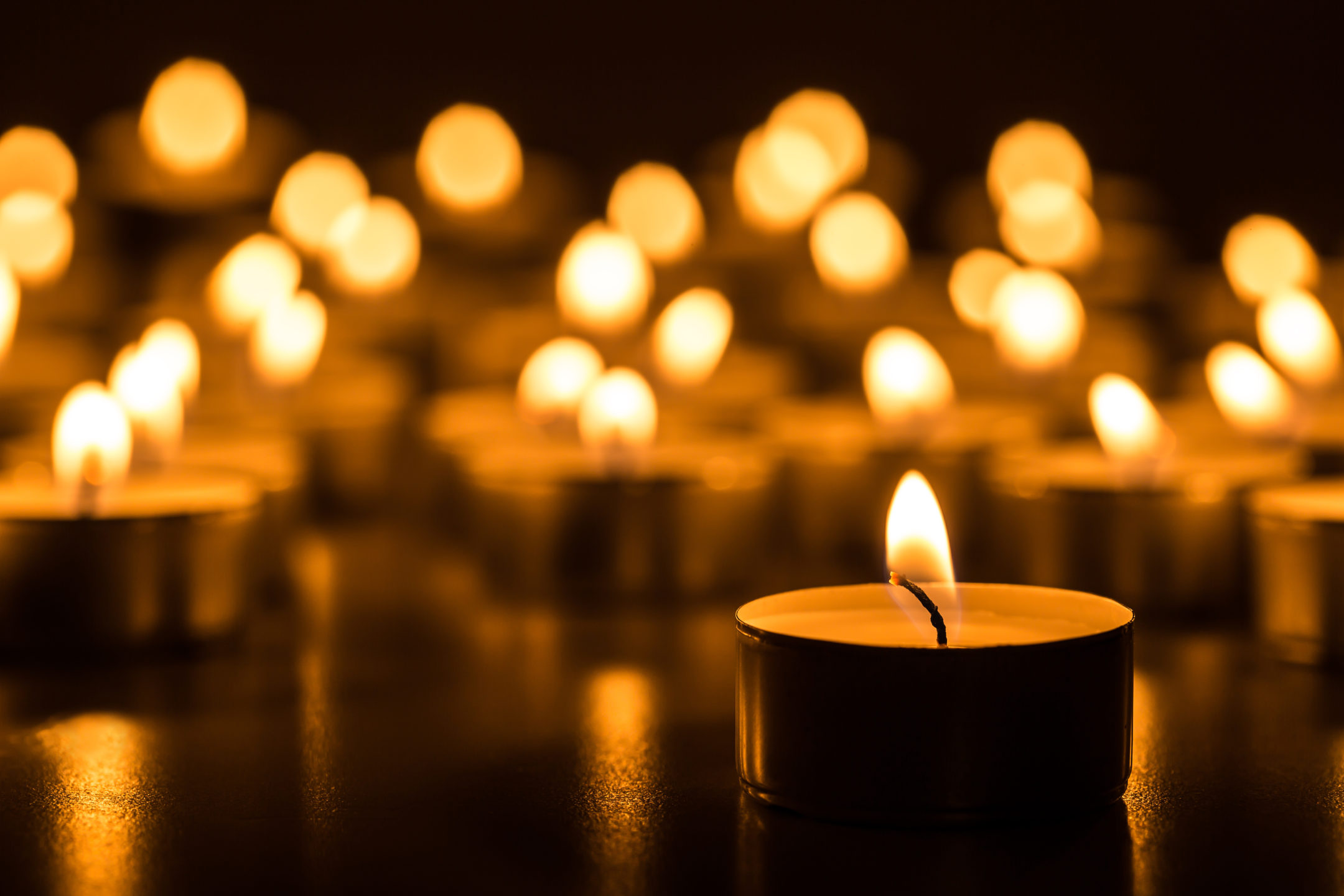“For we do not receive these things as common bread or common drink; but as Jesus Christ our Savior incarnate by God’s Word…”
–St. Justin Martyr
What we see in the pages of the New Testament, we see in every age afterward. Catholics love the Mass. It is the center of the Church’s life. All that is good in Christian life flows naturally and supernaturally from the Eucharist, which is the real presence of Jesus in his Church.
We see this idea throughout the writings of the earliest generation of Christians. Writing in the first and second centuries, many of these men had known the Apostles and received the faith directly from them. And they were intensely concerned with the Mass.
Apart from the New Testament, the earliest Christian document that has survived is probably the Didache. Scholars estimate that its ritual sections were written down no later than 48 A.D. The Didache includes Eucharistic prayers and instructions. “On the Lord’s own day,” it says, “assemble in common to break bread and offer thanks; but first confess your sins, so that your sacrifice may be pure.” And then: “Let no one eat and drink of your Eucharist but those baptized in the name of the Lord.”
A little later in the first century, St. Clement of Rome wrote a long letter that is much concerned with the liturgical roles of the clergy and the laity. St. Ignatius of Antioch, in 107 A.D., wrote seven letters that deal repeatedly with the Eucharist. He states that the Eucharist is the “flesh of Christ” and the “blood of God.” To deny this, he adds, is to separate oneself from the Church of Jesus Christ. Ignatius speaks of the Eucharist as the sacrament of unity in the Church. And he asserts that Mass can be celebrated only by valid clergy.
By the middle of the 100s St. Justin Martyr wrote explicitly of Jesus’ presence in the Mass. He wrote a full description of the liturgy, and it is included in the Catechism of the Catholic Church as a recognizable account of the Mass in “all ages.”
Justin said: “For we do not receive these things as common bread or common drink; but as Jesus Christ our Savior incarnate by God’s Word … We have been taught that the food consecrated by the Word of prayer … is the flesh and blood of that incarnate Jesus.”
Jesus said, “Do this in memory of me,” and the Mass is what the Church has always done. The Church continues to teach the Eucharistic doctrine found in the New Testament and in the writings of the early Christians. Since the time of Jesus, that doctrine has remained unchanged, though our language for teaching it has developed.
At every Mass, after the Eucharistic Prayer, Jesus is fully present in the sacrament. What was mere bread and wine before the Mass is now the Lord’s body, blood, soul, and divinity. All that is left of bread and wine are the appearances. Those who take Communion consume the Lord. They partake of the divine nature (2 Peter 1:4). They share the very life of God.
This year it’s a particular sorrow that we cannot receive Jesus sacramentally. Whenever this happens, it is good for us to pray a prayer of spiritual communion. The saints recommend this as a source of great grace. Here is a popular one: “I wish, my Lord, to receive you with the purity, humility, and devotion with which your most holy Mother received you, with the spirit and fervor of the saints.”


